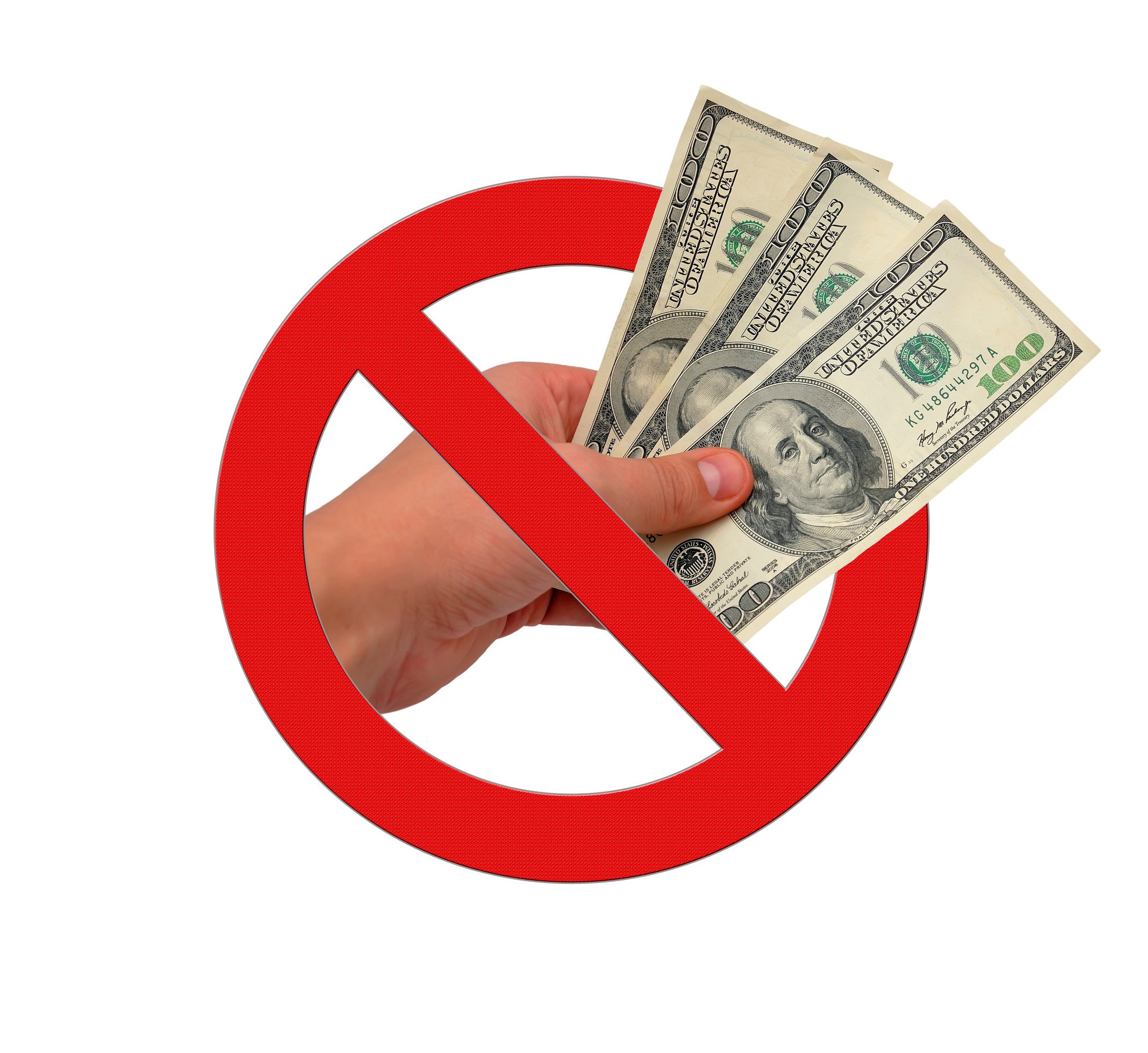
It’s frustrating to face loan denials, especially when you have your sights set on a big purchase, whether it’s a car, a home, or consolidating debt. You’ve filled out the paperwork, met with the lender, and followed all the instructions—only to hear the dreaded words: “We’re sorry, your loan application has been denied.” If you’re wondering why this keeps happening despite your best efforts, you’re not alone. Many people get rejected for loans, but understanding the reasons behind the denials can help you take action and increase your chances of approval. Here are six factors that might be standing between you and that loan you need.
1. Low Credit Score
Your credit score is one of the most important factors lenders use to determine whether or not to approve your loan. If your score is low, it’s a signal to lenders that you may have had difficulty managing debt in the past. Most financial institutions consider a credit score of 600 or below as a red flag, although some may be more lenient. Improving your credit score by paying off outstanding debts, making payments on time, and reducing your credit card balances can help boost your score and improve your chances of securing a loan. Regularly monitoring your credit report can also help you spot any errors that might be holding your score back.
2. High Debt-to-Income Ratio
Another critical factor lenders consider is your debt-to-income (DTI) ratio. This ratio compares your monthly debt payments to your monthly income. If your debt is high compared to what you earn, lenders may view you as a risky borrower. A high DTI can signal that you might struggle to repay additional debt, which makes loan approval less likely. To lower your DTI, consider paying down your existing debts or increasing your income by taking on extra work. Reducing your monthly debt obligations can make you a more appealing candidate for a loan.
3. Insufficient Income or Unstable Employment History
Lenders want to see that you have a steady, reliable income before they approve a loan. If you’ve been in and out of jobs or have inconsistent income, they may worry about your ability to make timely payments. Lenders typically prefer borrowers with a stable employment history, ideally two years with the same employer or in the same industry. If you’re self-employed, you may be asked to provide tax returns or other documents that demonstrate consistent earnings. Strengthening your employment stability can increase your chances of securing the loan you need.
4. Lack of Collateral
For certain loans, such as home loans or car loans, collateral is often required to back up the loan amount. Collateral is an asset, like a car or a home, that the lender can seize if you fail to repay the loan. If you’re applying for a secured loan but don’t have adequate collateral, the lender may not approve your application. To increase your chances of approval for secured loans, make sure you have a valuable asset to offer as collateral. If collateral isn’t an option for the loan you need, you might consider applying for an unsecured loan, though these loans often come with higher interest rates.

5. Recent Missed Payments or Bankruptcy
If you’ve missed recent payments or have declared bankruptcy in the past, these financial missteps can significantly affect your ability to get approved for a loan. Lenders want to see that you’re responsible with your finances, and past late payments or bankruptcy might signal that you have a history of struggling with money. However, some lenders specialize in working with individuals who have less-than-perfect credit, so it’s not always a lost cause. If you’ve gone through bankruptcy or missed payments, take the time to rebuild your financial profile by establishing a track record of on-time payments and responsible borrowing. Over time, this will improve your chances of loan approval.
6. Too Many Recent Credit Inquiries
Every time you apply for credit, a hard inquiry is made on your credit report. Multiple hard inquiries in a short period can negatively impact your credit score, as it may suggest that you are in financial distress or taking on too much debt. Lenders may see this as a sign of financial instability or a potential borrower who is too eager to take on credit. To avoid this, try not to apply for multiple loans or credit cards at once. It’s a good idea to space out your credit applications and only apply for credit when you really need it.
Understand The Factors For The Denial
If you’re finding yourself repeatedly being denied for loans, it’s essential to understand the factors that might be affecting your approval chances. Addressing issues like your credit score, debt-to-income ratio, and income stability can increase your odds of being approved.
But don’t get discouraged—loan rejection is not the end of the road. By focusing on these six key areas and making the necessary adjustments, you can improve your financial health and put yourself in a better position to secure the loans you need in the future.
Have you ever been denied a loan? How did you finally get the loan approved? We’d love to know more about it in the comments below.
Read More:
Escaping Debt: 10 Extremely Easy Ways to Get Out of Debt That Are Legal
7 Simple Steps to Master Your Budget with a Debt Consolidation Loan

Latrice is a dedicated professional with a rich background in social work, complemented by an Associate Degree in the field. Her journey has been uniquely shaped by the rewarding experience of being a stay-at-home mom to her two children, aged 13 and 5. This role has not only been a testament to her commitment to family but has also provided her with invaluable life lessons and insights.
As a mother, Latrice has embraced the opportunity to educate her children on essential life skills, with a special focus on financial literacy, the nuances of life, and the importance of inner peace.
